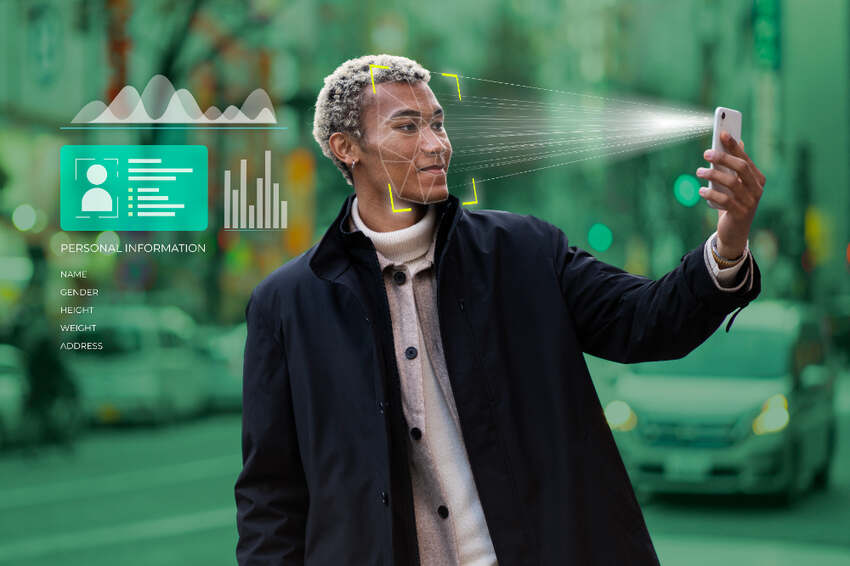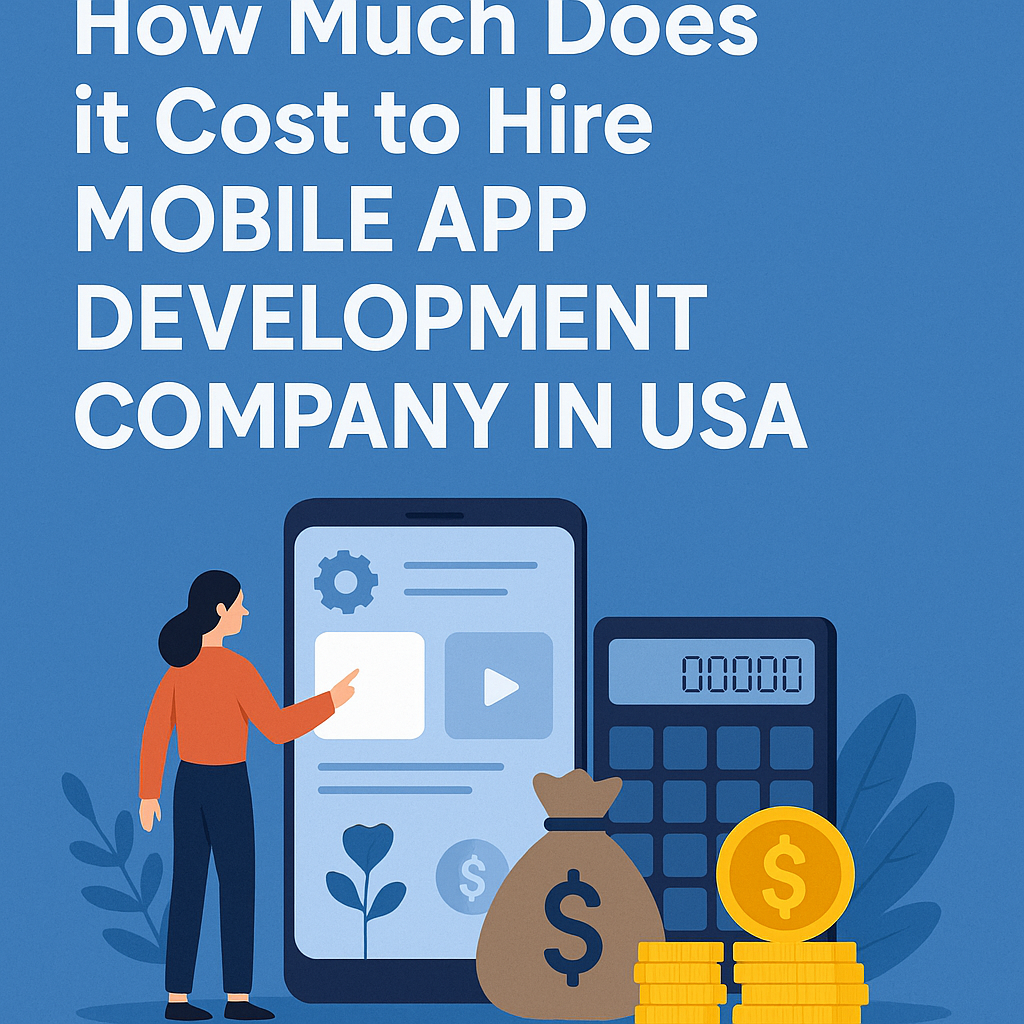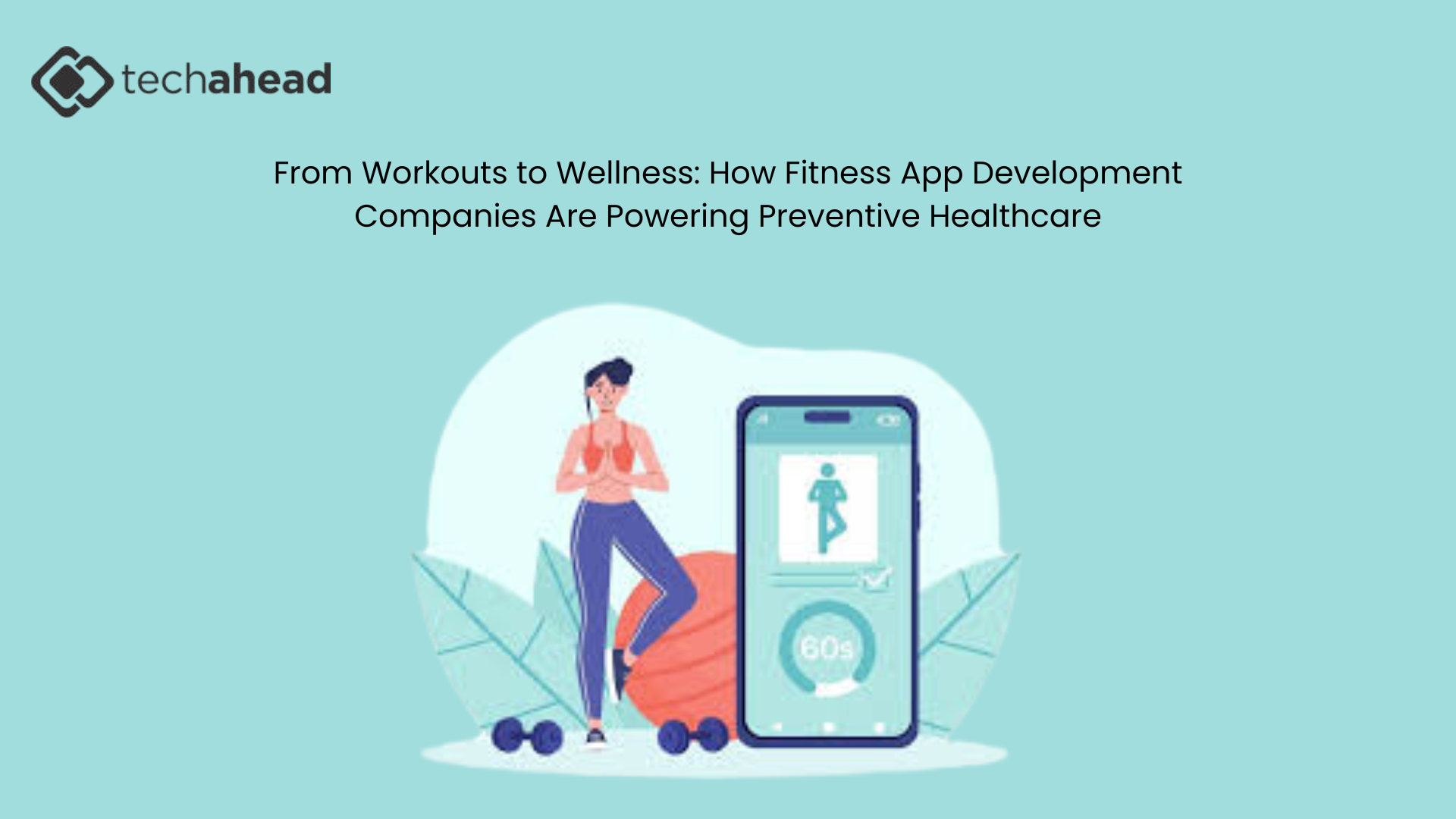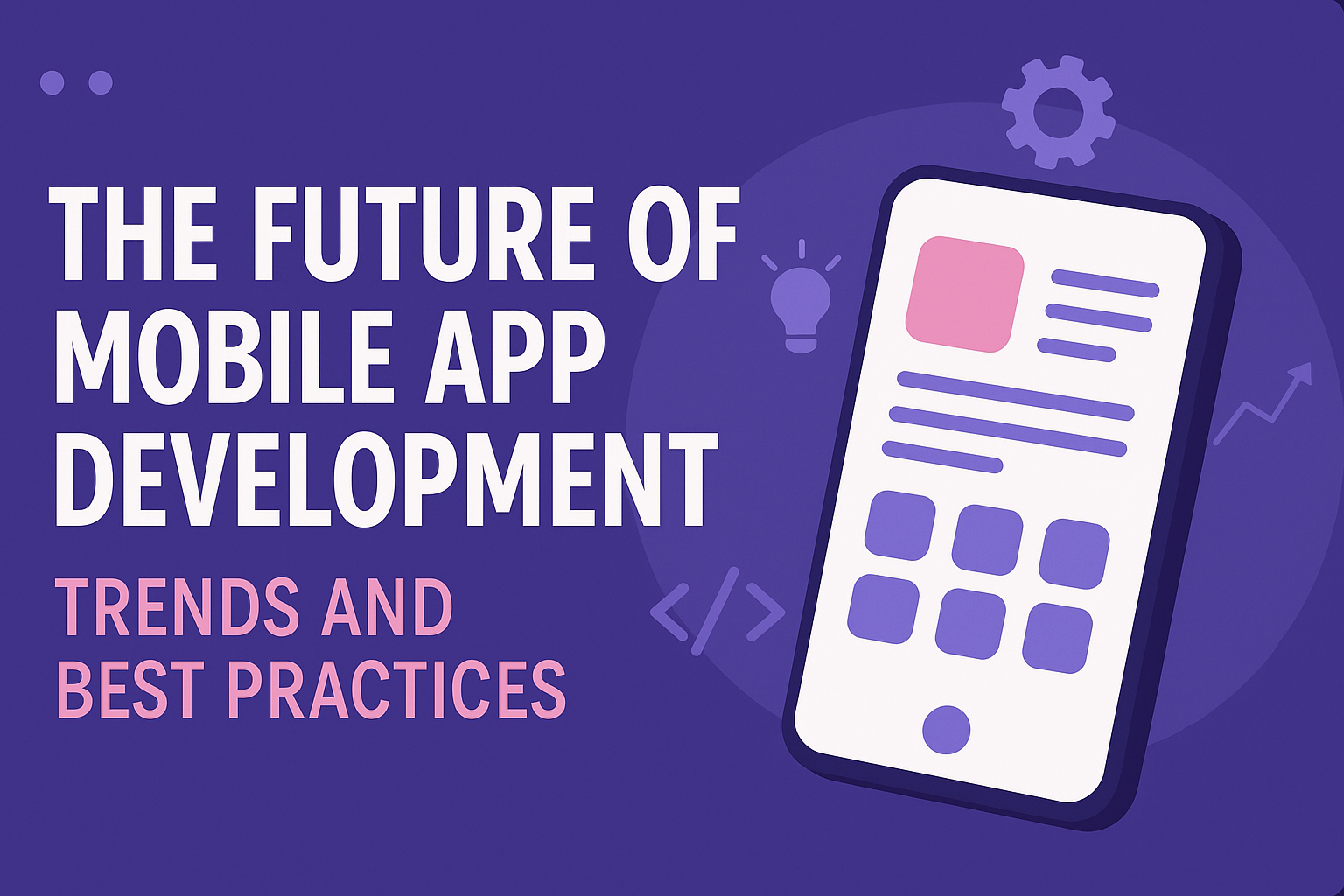The Impact of Augmented Reality on App Development Trends

Strong 8k brings an ultra-HD IPTV experience to your living room and your pocket.
In recent years, Augmented Reality (AR) has made significant strides in transforming various industries. One area where its impact is most noticeable is app development. AR technology is changing how users interact with apps, creating immersive and interactive experiences. As AR continues to evolve, it is reshaping custom app development trends, offering new possibilities for businesses and developers alike.
✍️ AI is reshaping the digital world. Explore how AI-powered apps are built and why they deliver smarter user experiences.
In this article, we will explore how AR is influencing app development, the trends it is creating, and why businesses should consider integrating this technology into their custom app development strategies.
What is Augmented Reality?
Augmented Reality is a technology that overlays digital content (images, sounds, and videos) onto the real world through a device such as a smartphone, tablet, or AR glasses. Unlike Virtual Reality (VR), which immerses users entirely in a virtual environment, AR enhances the real world by adding virtual elements in real-time.
With the rise of smartphones, AR has become more accessible. Popular apps like Pokémon GO and Snapchat have demonstrated the potential of AR in entertainment and social media. Now, AR is making waves in industries ranging from retail and healthcare to education and real estate.
How AR is Shaping App Development Trends
1. Immersive User Experiences
One of the most significant impacts of AR on custom app development trends is the shift towards immersive user experiences. Apps are no longer just tools for completing tasks—they are becoming platforms for interaction and engagement.
AR enables developers to create more dynamic and engaging experiences by integrating virtual elements with the real world. Whether it's using AR to visualize furniture in a room before purchase or offering interactive tutorials, businesses are leveraging AR to increase user satisfaction.
For example, IKEA’s app allows users to place virtual furniture in their homes to see how it fits in terms of size, style, and color. This use of AR not only enhances the shopping experience but also helps users make more informed purchasing decisions.
2. Customization of Apps
Custom app development trends have shifted towards more tailored experiences. AR allows businesses to personalize apps based on user preferences, location, and behavior. This customization helps brands provide unique experiences that resonate with their target audience.
AR can be integrated into custom apps to offer real-time customization features. For example, beauty apps allow users to try on makeup virtually, while fashion apps let customers see how clothes will look on them without trying them on physically. This level of personalization is driving a trend towards more custom-built apps that cater to individual needs and interests.
3. Improved Customer Engagement
AR is becoming a powerful tool for boosting customer engagement. By allowing users to interact with products or services in innovative ways, businesses can create memorable experiences that drive brand loyalty.
For example, L’Oreal’s AR app lets customers virtually try on makeup products, while Nike’s app uses AR to provide users with an interactive shopping experience. These AR features encourage customers to spend more time with the app, increasing the likelihood of making a purchase.
Furthermore, AR is proving to be a great way to provide interactive tutorials and product demos. For businesses offering complex products or services, AR can simplify instructions and create step-by-step guides, making it easier for users to understand how to use the product.
4. Enhancing E-commerce and Retail Apps
E-commerce is another sector significantly impacted by AR. In the past, online shopping often lacked the sensory experience of physical stores. However, AR is changing that. By integrating AR into custom app development, businesses are providing users with more interactive and realistic shopping experiences.
For example, AR enables users to visualize products in their real-world environment, making it easier to see how items will fit into their spaces. As e-commerce continues to grow, AR will become an essential tool for custom app development trends in the retail industry.
Another trend is virtual try-ons, particularly in fashion and beauty. Virtual try-on apps allow users to see how clothes, accessories, or makeup will look on them before making a purchase. This helps reduce the likelihood of returns and enhances customer satisfaction.
5. AR in Healthcare and Education
AR is also making its mark in industries such as healthcare and education. In healthcare, AR can be used for surgery simulations, training, and even patient rehabilitation. AR apps can overlay critical information onto the real world, helping medical professionals make more accurate decisions and providing students with interactive learning experiences.
For example, AR can be used in medical training to help students visualize and interact with 3D models of the human body. In education, AR allows students to explore historical landmarks, conduct virtual science experiments, or engage in immersive language learning.
Custom app development trends in these sectors are focused on creating tools that improve learning outcomes, provide interactive simulations, and enhance patient care, all through the power of AR.
6. Integration with AI and IoT
Augmented Reality is not working in isolation. It is increasingly being integrated with other technologies such as Artificial Intelligence (AI) and the Internet of Things (IoT). These integrations are paving the way for smarter, more advanced AR applications.
AI-powered AR apps can analyze a user’s environment and provide personalized experiences based on real-time data. For instance, AI can be used to suggest products in retail apps or identify landmarks in travel apps. Similarly, IoT devices can be connected to AR apps, allowing users to control smart home devices through AR interfaces.
This synergy between AR, AI, and IoT is driving a new wave of custom app development trends, where the goal is to create interconnected and intelligent systems that improve user experiences.
Why AR Should Be Part of Your Custom App Development Strategy
AR offers significant advantages for businesses looking to innovate and stay competitive in the market. Here are a few reasons why you should consider integrating AR into your custom app development strategy:
Increased Engagement: AR apps tend to capture users’ attention for longer periods, leading to increased engagement and brand loyalty.
Enhanced User Experience: With AR, apps become more interactive, allowing users to engage with products, services, or content in innovative ways.
Better Conversion Rates: AR helps customers make better purchasing decisions by offering virtual try-ons or product visualizations. This reduces uncertainty and encourages conversions.
Future-Proofing: As AR technology continues to evolve, integrating it into your app development strategy will position your business as a leader in innovation.
By embracing AR, you can create apps that stand out, drive customer engagement, and increase overall satisfaction.
Conclusion
Augmented Reality is undeniably shaping custom app development trends. By offering more immersive, interactive, and personalized experiences, AR is changing how users interact with apps and how businesses engage with customers. Whether it’s improving e-commerce experiences, enhancing customer engagement, or revolutionizing healthcare and education, AR technology is paving the way for innovative solutions in custom app development.
As the demand for AR-powered apps grows, businesses should consider incorporating this technology into their app development strategies to stay ahead of the curve.
FAQs
1. What are the benefits of AR in app development?
AR offers benefits such as enhanced user engagement, personalized experiences, and the ability to provide interactive features like virtual try-ons, product visualizations, and tutorials.
2. How can AR be used in e-commerce apps?
AR can improve e-commerce apps by allowing users to visualize products in their own environment, try items virtually (e.g., clothing or makeup), and enhance the overall shopping experience.
3. How does AR impact customer engagement?
AR helps create immersive and interactive experiences that encourage users to engage with the app for longer periods, increasing brand loyalty and driving conversions.
4. Can AR be integrated with other technologies?
Yes, AR can be integrated with AI and IoT to create smarter, more personalized apps. This allows for real-time data analysis and intelligent recommendations, enhancing the overall user experience.
Note: IndiBlogHub features both user-submitted and editorial content. We do not verify third-party contributions. Read our Disclaimer and Privacy Policyfor details.







